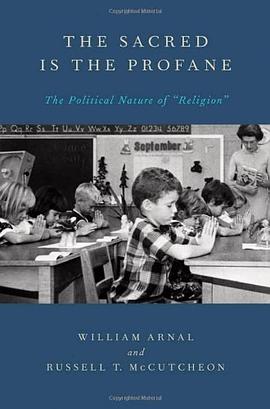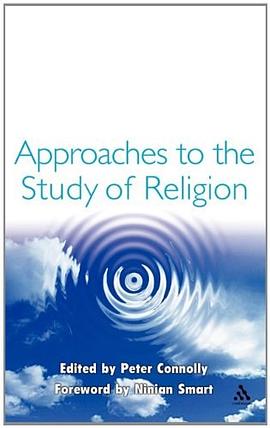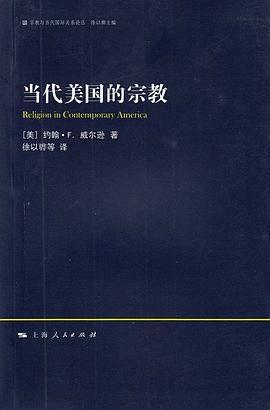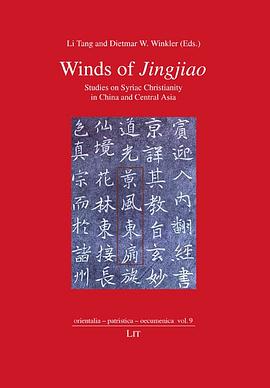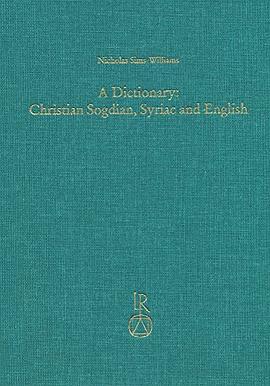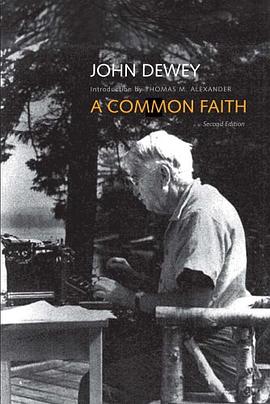

具体描述
In A Common Faith, eminent American philosopher John Dewey calls for the "emancipation of the true religious quality" from the heritage of dogmatism and supernaturalism that he believes characterizes historical religions. He describes how a depth of religious experience and the creative role of faith in generating experience can produce meaning and value, and can be cultivated without making cognitive claims that compete with scientific ones. What Dewey advocates is "faith in the common" as the ground of meaning. In a new introduction, Dewey scholar Thomas Alexander contextualizes the text for students and scholars by providing an overview of Dewey and his philosophy, key concepts in A Common Faith, and reactions to the text.
作者简介
目录信息
读后感
评分
评分
评分
评分
用户评价
面对科学兴起对超自然信仰的挑战,杜威提出religious的概念,强调 attitudes that may be taken toward every object and every proposed end or ideal。而所谓的faith则是The ideal ends that at a given time and place one acknowledges as having authority over his volition and emotion, the values to which one is supremely devoted, as far as these ends, through imagination, take on unity。
评分面对科学兴起对超自然信仰的挑战,杜威提出religious的概念,强调 attitudes that may be taken toward every object and every proposed end or ideal。而所谓的faith则是The ideal ends that at a given time and place one acknowledges as having authority over his volition and emotion, the values to which one is supremely devoted, as far as these ends, through imagination, take on unity。
评分面对科学兴起对超自然信仰的挑战,杜威提出religious的概念,强调 attitudes that may be taken toward every object and every proposed end or ideal。而所谓的faith则是The ideal ends that at a given time and place one acknowledges as having authority over his volition and emotion, the values to which one is supremely devoted, as far as these ends, through imagination, take on unity。
评分面对科学兴起对超自然信仰的挑战,杜威提出religious的概念,强调 attitudes that may be taken toward every object and every proposed end or ideal。而所谓的faith则是The ideal ends that at a given time and place one acknowledges as having authority over his volition and emotion, the values to which one is supremely devoted, as far as these ends, through imagination, take on unity。
评分面对科学兴起对超自然信仰的挑战,杜威提出religious的概念,强调 attitudes that may be taken toward every object and every proposed end or ideal。而所谓的faith则是The ideal ends that at a given time and place one acknowledges as having authority over his volition and emotion, the values to which one is supremely devoted, as far as these ends, through imagination, take on unity。
相关图书
本站所有内容均为互联网搜索引擎提供的公开搜索信息,本站不存储任何数据与内容,任何内容与数据均与本站无关,如有需要请联系相关搜索引擎包括但不限于百度,google,bing,sogou 等
© 2026 book.quotespace.org All Rights Reserved. 小美书屋 版权所有

